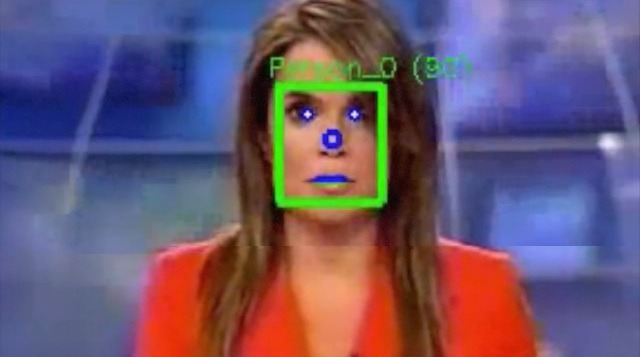
Traditionally, a super-yacht is a vast, luxurious vessel where its opulence is only matched by its fuel consumption. However recently, the super wealthy have been making an attempt to show their green credentials by purchasing greener and more efficient ships. Sauter Carbon Offset Design (SCOD) have not set the standard by which all other green super-yachts will now be measured with the 42m Ocean Supremacy - the largest, greenest super-yacht in the world.

A team of University of California, San Diego researchers has built the smallest room-temperature nanolaser to date, as well as an even more startling device: a highly efficient, "thresholdless" laser that funnels all its photons into lasing, without any waste.


(PhysOrg.com) -- Researchers at the Massachusetts Institute of Technology (MIT) and RMIT University have made a breakthrough in energy storage and power generation.

For the first time, researchers have developed crystalline materials that allow an optical fiber to have integrated, high-speed electronic functions. The potential applications of such optical fibers include improved telecommunications and other hybrid optical and electronic technologies, improved laser technology, and more-accurate remote-sensing devices.

A revolutionary new magnetic recording technology that will allow information to be processed hundreds of times faster than by current hard drive

A team of Australian physicists has created the world

A new video shows off the creepy, emerging world of robot vision.

A team of MIT researchers has developed a way of making a high-temperature version of a kind of materials called photonic crystals, using metals such as tungsten or tantalum. The new materials — which can operate at temperatures up to 1200 degrees Celsius — could find a wide variety of applications powering portable electronic devices, spacecraft to probe deep space, and new infrared light emitters that could be used as chemical detectors and sensors.

(PhysOrg.com) -- Ever since scientists began studying the brain, they’ve wanted to get a better look at what was going on. Researchers have poked and prodded and looked at dead cells under electron microscopes, but never before have they been able to get high resolution microscopic views of actual living brain cells as they function inside of a living animal. Now, thanks to work by physicist Stefan Hell and his colleagues at the Max Planck Institute in Germany, that dream is realized. In a paper published in Science, Hell and his team describe the workings of their marvelous discovery.

(PhysOrg.com) -- Engineers have built the first carbon nanotube (CNT) transistor with a channel length below 10 nm, a size that is considered a requirement for computing technology in the next decade. Not only can the tiny transistor sufficiently control current, it does so significantly better than predicted by theory. It even outperforms the best competing silicon transistors at this scale, demonstrating a superior current density at a very low operating voltage.

Magnetic random-access memory based on new spin transfer technology achieves higher storage density by packing multiple bits of data into each memory cell.

Scientists working at the U.S. Department of Energy's (DOE) SLAC National Accelerator Laboratory have created the shortest, purest X-ray laser pulses ever achieved, fulfilling a 45-year-old prediction and opening the door to a new range of scientific discovery.